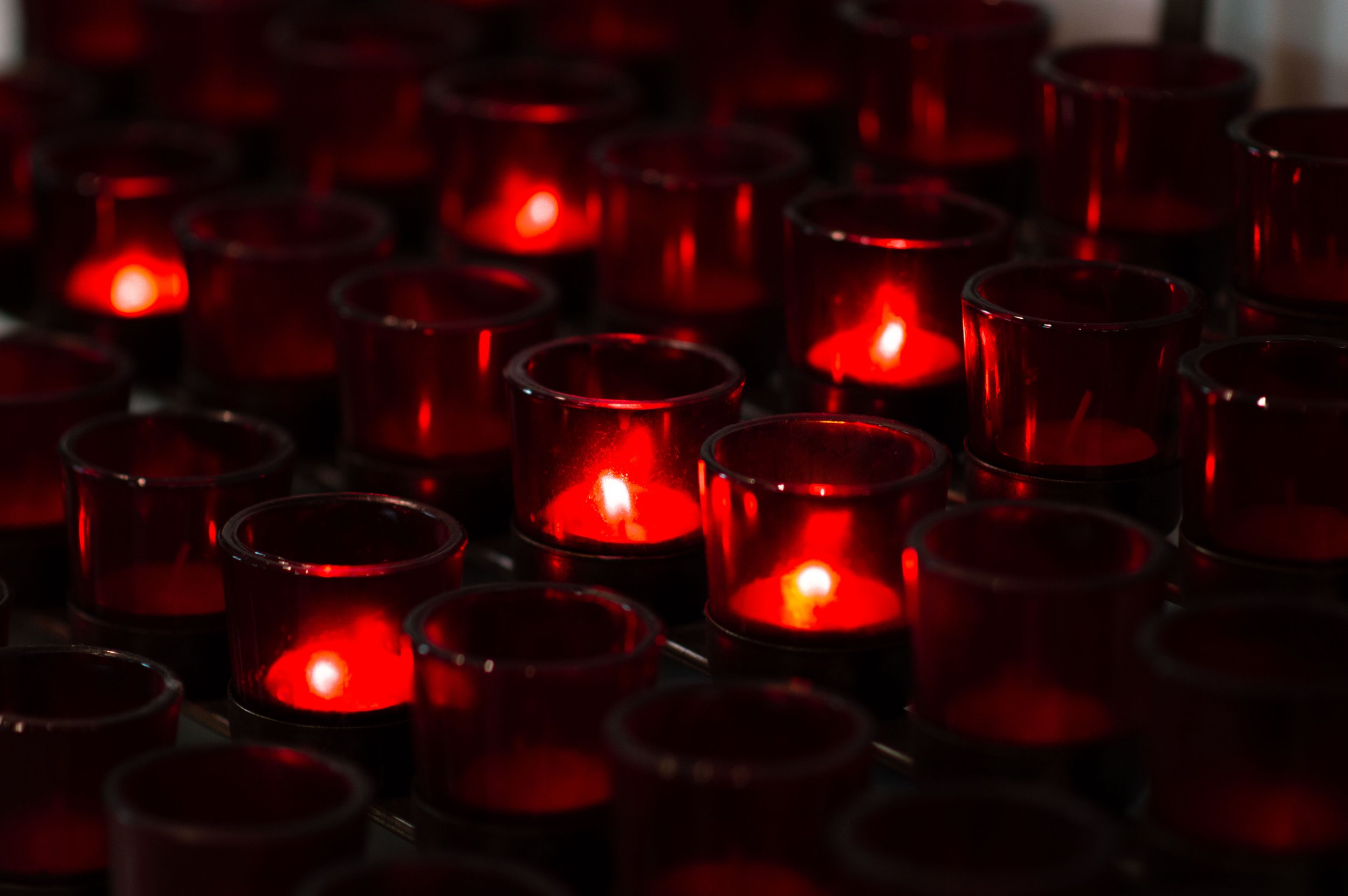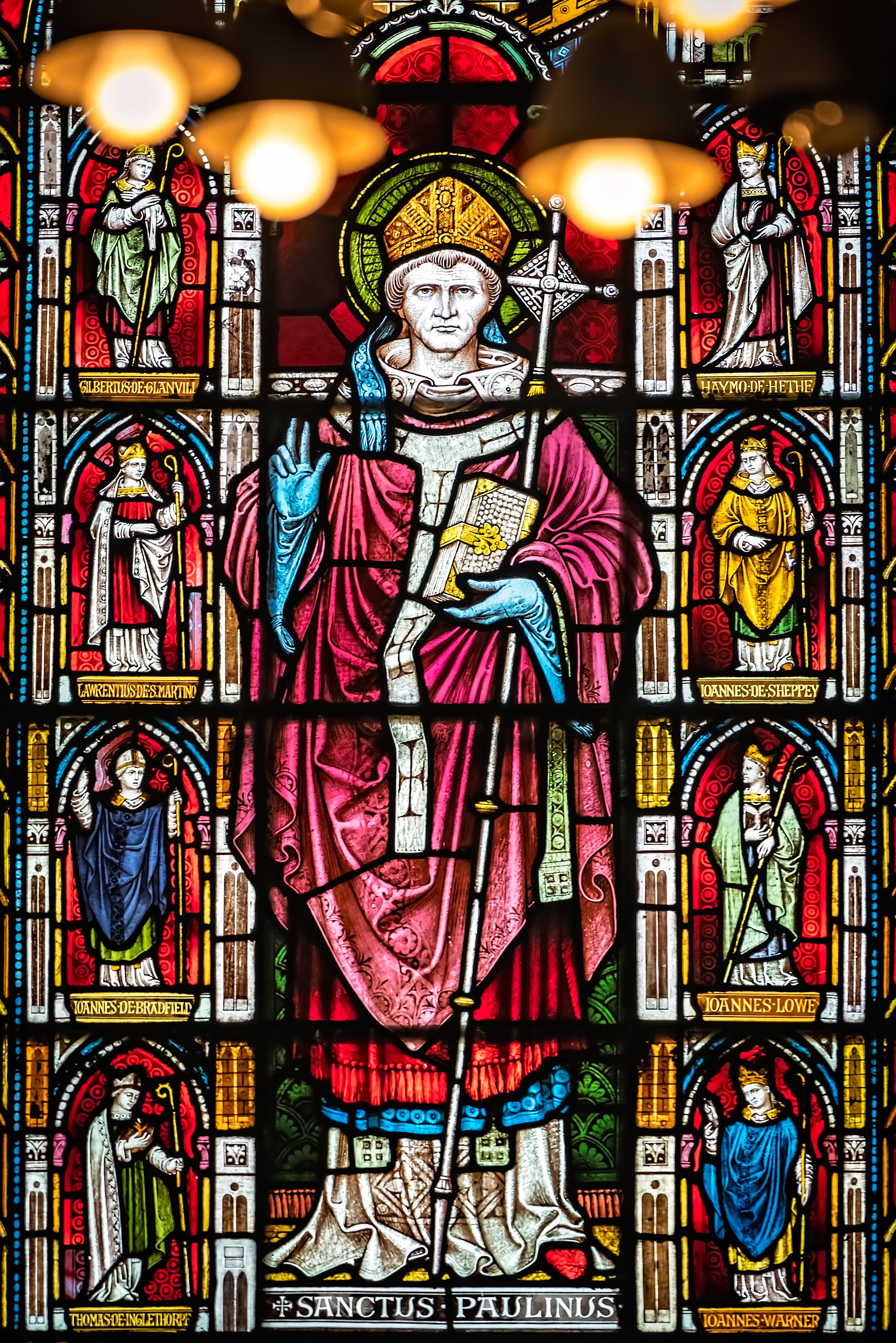
Daily Prayer
Jesus was praying in a certain place, and after he had finished, one of his disciples said to him, “Lord, teach us to pray, as John taught his disciples” (Luke 11:1).
Rejoice always, pray without ceasing, give thanks in all circumstances; for this is the will of God in Christ Jesus for you (1 Thessalonians 5:16-18).
Q. What are the principal kinds of prayer?
A. The principal kinds of prayer are adoration, praise, thanksgiving, penitence, oblation, intercession, and petition. (Book of Common Prayer p. 856)
To the seventeenth – or indeed nineteen-century lay person, the Prayer Book was not a shiny volume to be borrowed from a church shelf on entering and carefully replaced on leaving. It was a beloved and battered personal possession, a life-long companion and guide, to be carried from the church to kitchen, to parlor, to bedside table; equally adaptable for liturgy, personal devotion, and family prayer: the symbol of a domestic spirituality. (Martin Thornton, The Anglican Spiritual Tradition)
We pray to open our hearts and lives to the presence of God and God’s Son, Jesus Christ. God loves us, and there is nothing we need to do (or can do) to earn God’s love. It is freely given. But human beings tend to shut out God, to get distracted, and to act selfishly. Daily prayer helps us listen to what God is saying to us, to comfort us, and to guide us into true joy in this life and the next.
Why do we pray?
How do we pray?
There are many ways to pray, both formal and informal. We have a deep and ancient way of praying in the Episcopal tradition. At other times, our prayers may be our spontaneous sharing with God what is in our hearts. When we do not know what to say, the Holy Spirit will help us with intercessions too deep for words (Romans 8:26).
What is the Episcopal way of praying?
The Book of Common Prayer contains a wealth of resources not only for Sunday worship but for daily prayer. We follow the three-fold pattern of prayer: weekly Eucharist, the Daily Office (Morning and Evening Prayer, with additional prayers for Noonday and Compline), and other Devotions (any other form of prayer depending on the interests of the individual, such as the Rosary, prayer with icons, centering prayer, Ignatian reflection, and many more).
How do I start?
The first step in the life of prayer is often simply connecting with God and inviting Jesus into our hearts. We might set aside some quiet time to thank God for the blessings of this day or share with God something with which we, or those close to us, are struggling. One of the simplest and most ancient prayers is called the Jesus Prayer: “Lord Jesus Christ, Son of God, have mercy on me, a sinner.”
Christians are meant to worship God together. Find a local congregation, commit to Sunday worship to praise God, and be nourished by Word and Sacrament for the week to come.
Once a weekly pattern of worship is established, you might add daily prayer from our Prayer Book. These prayers can take place with others (a number of our congregations offer the Daily Office) or even alone or with a loved one. Several useful apps and even podcasts make it easier to pray the Daily Office wherever we are.
Daily prayer is not a checklist, but an opportunity to open ourselves to God, especially as we know God in Jesus Christ. The more we pray, the more we ask God to form us into disciples, with our faith at the center of daily life.
More Resources
Click the buttons below to access the BCP online, Forward Movement, and Bishop Poulson’s piece on prayer.
The Daily Office Video Teachings by Bishop Poulson Reed
Watch below a series of seven Daily Office teaching videos by Bishop Poulson.

We are the Episcopal Church in Oklahoma.



